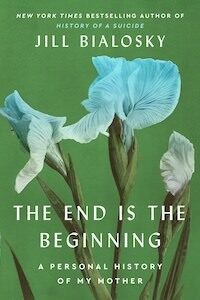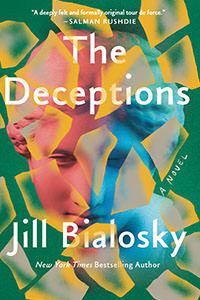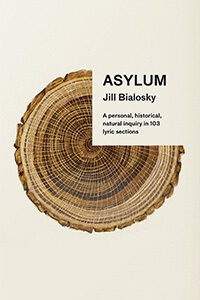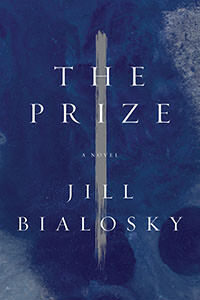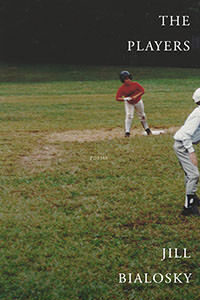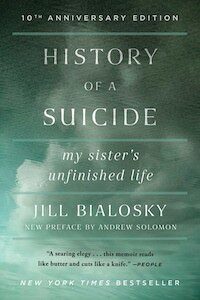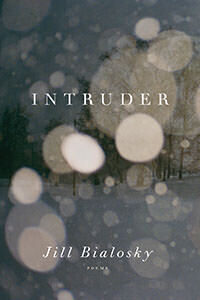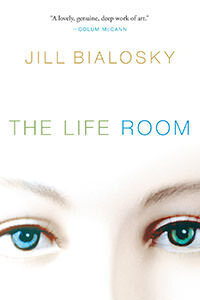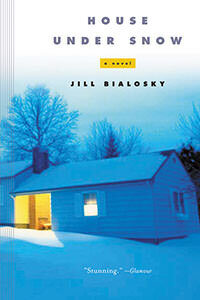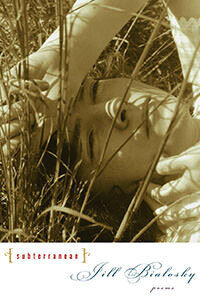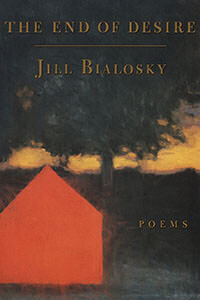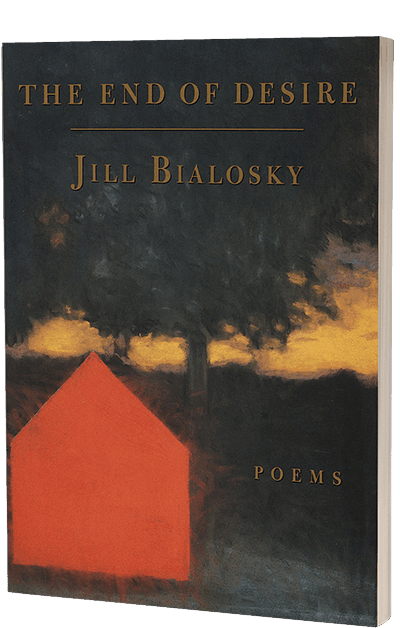“This graceful, mournful, and often exuberant first book combines the best aspects of confessional and lyric poetry… Her book can be read as a gorgeous litany of ‘reasons for surviving the night.”
— The New Yorker
The End of Desire
Jill Bialosky’s first collection of poems is an exceptional one – moving, very accomplished, marked by an unflinching realism and a sharply observant eye combined with great technical skill. Childhood and adolescence shattered by a father’s death and the struggles of a mother to raise her daughters are among its concerns. The poems have a dignity and magic that are quite distinctive.
Praise for The End of Desire
“[R]emarkably grounded and all of a piece. It reads like a single long poem that unscrolls, trancelike, as if a hypnotized or dreaming narrator rewitnesses the past in the present, bringing each detail whole and intact out of time… It is surprising — given the enduring darkness, the airless tunnel of eros and death through which these poems travel, the records of heartbreak — that the reader retains such a sense of richness… The domestic, the feminine, as in Sylvia Plath and Louise Bogan, retain their air of opulence, even in the extremity of grief.”
— Carol Muske, The Nation
“This haunting, deliberative, hard-won sequence is made as much from legacy as memory. Jill Bialosky’s first book of poems is really one poem, one elegy, beautifully focused. The unique empathic power of the writing comes from the fact that the losses belong to a family, to four women, and not simply to the poet. Bialosky’s genius as a witness is that she has created, with graphic precision, a community for her grief.”
— Stanley Plumly
“This beautiful, poised first book of poetry is about a real world. In their evocation of it, these poems navigate between dailiness and danger, discovering aspects of each in the other. In the foreground the icons and events of a recent America are brilliantly observed. The family quarrels. The loss of a father. The eerie quiet of a suburb in snow. But the cadences are so heart-breaking, and the lyric balance is so hard-won, that gradually a darker hinterland is revealed: a place stripped of particulars where everyone’s loss can be found. The strength of these poems is in their truth and the distinction with which the poet confronts it.”
— Eavan Boland
“Quiet poems. Like whispers in a fierce forest. Bialosky has given us things we shall never be able to forget.”
— Hayden Carruth
“The End of Desire is so powerful, so heart-wrenching, and so moving a debut. These poems emerge as darkly sonorous and often fabular reckonings of family loss and individual triumph. Jill Bialosky’s work celebrates the liberating innocence of the child, the sisterhood of the soul, and the transforming sustenance of what we call love. The quiet grace and elegant melancholy of The End of Desire mark the arrival of a marvelous and compelling new poet.”
— David St. John
“Jill Bialosky is the poet of the secret garden, a place, at once, of grace and sadness. The sense of modesty, or reticence, of lingering, even of horror, in these poems, serves to surround and hold in tension, as it were, her quiet realism and the precision of her language. The word that comes to mind when I read this book is ‘courageous.’ These are courageous poems.”
— Gerald Stern
“Though she takes as her subjects death, sorrow, and the tribulations of both young love and mature love, Jill Bialosky writes here elegant and eloquent poems with an unjaded sweet dignity free of despair – a voice that is rare in the poetry of any age but one that is especially rare and especially welcome in our own. The poems are art that refreshes and sustains.”
— Andrew Hudgins
